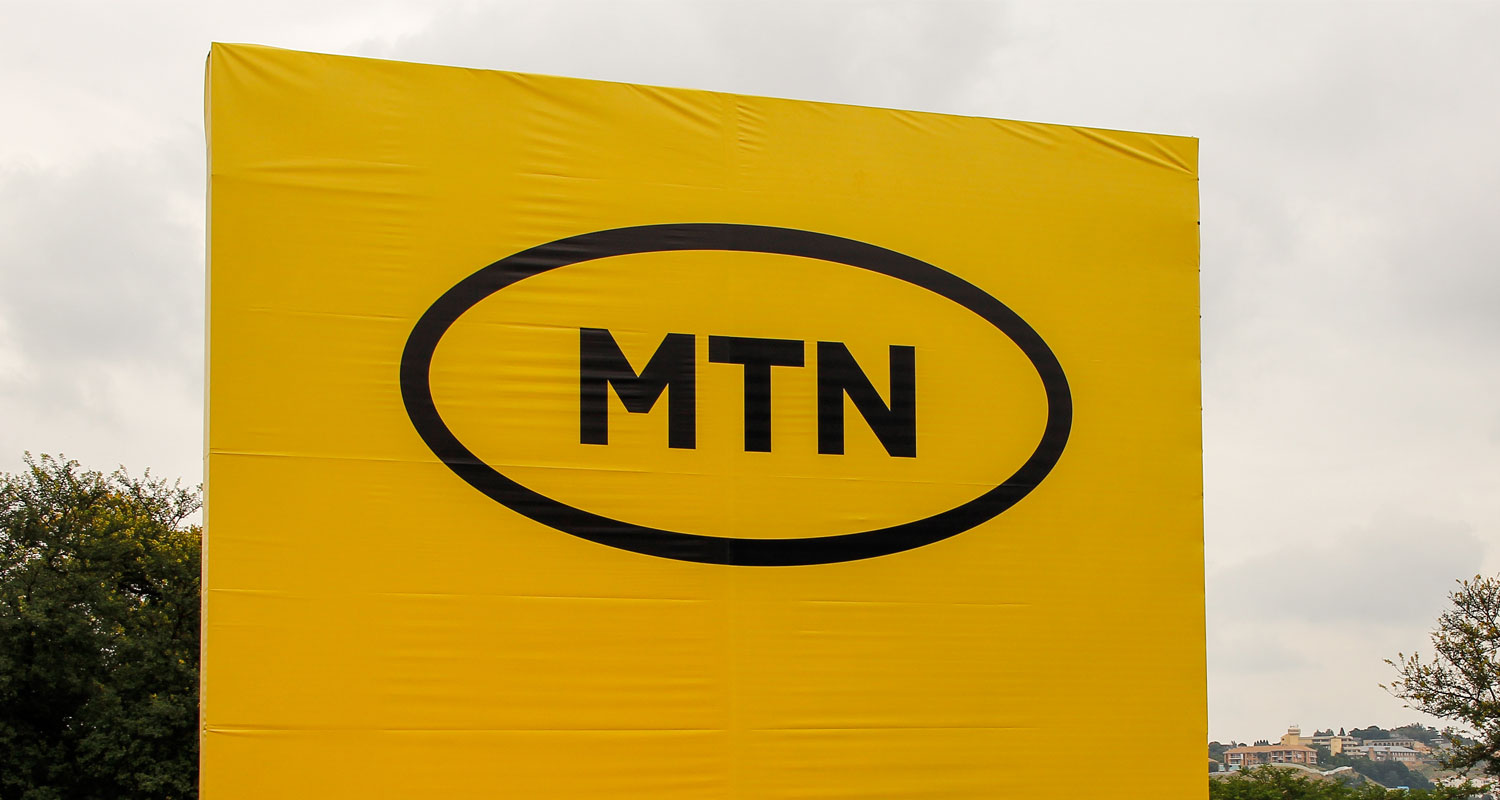 Despite getting a bloody nose in several legal forums, including the high court in South Africa, Turkey’s Turkcell has vowed to continue its pursuit of MTN Group over a telecommunications licensing process in Iran it alleges was rigged.
Despite getting a bloody nose in several legal forums, including the high court in South Africa, Turkey’s Turkcell has vowed to continue its pursuit of MTN Group over a telecommunications licensing process in Iran it alleges was rigged.
The company said in a statement, issued on its website on Monday, that it will lodge an appeal against last week’s South African high court judgment, which found that local courts did not have jurisdiction over the matter.
Turkcell first filed papers in South Africa in November 2013 regarding a licensing process that took place in 2005 in which it was an active participant. The licence went to a consortium that included MTN. It later sued MTN for US$4.2-billion in damages and has accused MTN over the years of paying bribes to secure the Iranian licence.
Turkcell claimed it lost out to MTN after the latter paid bribes and other inducements to secure the lucrative stake. It also sought damages in the high court from former MTN Group CEO Phuthuma Nhleko and former director Irene Charnley, both of whom were intimately involved in the negotiations with the Iranians to secure the Irancell licence.
Previous attempts by Turkcell to resolve the matter through international arbitration failed. The company approached the South African courts after a legislative change affected the jurisdiction of a US court from which it had earlier sought relief.
It alleged in its application to the US court that MTN had conspired with Iranian officials to oust it from the successful consortium that bid for the licence and take its place by promising to use its influence with the South African government so it could procure defence equipment and garner support for its nuclear development programme at meetings of the International Atomic Energy Agency.
Hoffmann report
Turkcell’s legal challenge came despite the findings in 2013 of the Hoffmann Committee, appointed by MTN in 2012, which cleared the South African group of wrongdoing in Iran. That committee, chaired by South African-born former senior British jurist Leonard Hoffmann, found there was no conspiracy between MTN and Iranian officials to remove Turkcell from the bidding process. Indeed, the committee found that Turkcell’s allegations were a “fabric of lies, distortions and inventions”.
It cleared MTN, Nhleko and Charnley of wrongdoing. Lord Hoffmann found that MTN made no payments to South Africa’s then ambassador to Iran, Yusuf Saloojee, and neither Nhleko nor Charnley authorised former MTN Irancell director Chris Kilowan to promise him anything, as Turkcell had alleged. Kilowan’s allegations form the basis of Turkcell’s claims, but the committee found his evidence to be “unreliable”.
Turkcell didn’t respond to a query from TechCentral about how it intended responding to the high court judgment but has now said it intends to seek an appeal.
Our company will continue to enforce all its legal rights against this decision, including an appeal of the decision
“We are of the opinion that, in the lawsuit, which has been ongoing for almost 10 years, South African law should be applied and the South African courts should also have jurisdiction over the matter since MTN’s headquarters are located in South Africa and the unlawful acts were planned in this location,” Turkcell said in its latest statement.
“Therefore, our company will continue to enforce all its legal rights against this decision, including an appeal of the decision, and will strongly and decisively continue to defend its rights for both compensation [for] the damages incurred and also to ensure that the relevant executives of MTN are held accountable and punished.” — © 2022 NewsCentral Media




